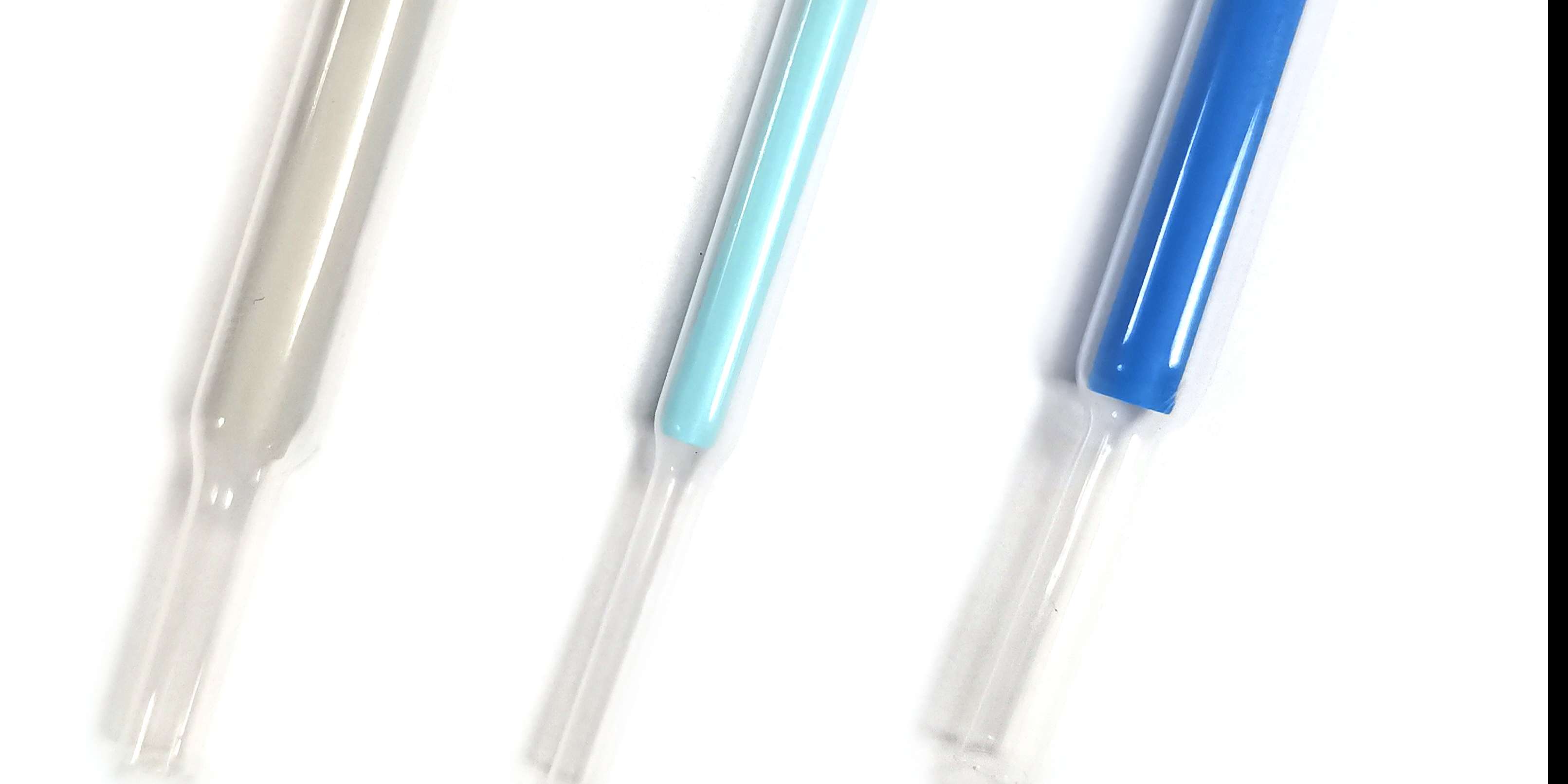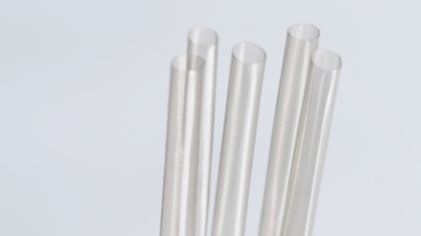Smart Catheters: The Future Direction of Peripheral Interventional Therapy
In the context of rapid advancements in modern medicine, peripheral interventional technology has increasingly become a key method for treating complex vascular diseases. Smart catheters, as an important innovation in this field, integrate sensing technology, navigation systems, and artificial intelligence (AI) to provide a new solution for the precision and efficiency of interventional therapy.
Current Status and Advantages of Smart Catheters
Currently, various smart catheter products are widely applied in clinical practice. These catheters are typically equipped with multiple sensors, such as pressure sensors, temperature sensors, and ultrasound sensors, allowing real-time monitoring of physiological parameters within blood vessels. For example, some smart catheters integrate advanced navigation systems that provide real-time information on the catheter's precise position and angle within the blood vessel, thereby assisting physicians in effectively performing catheter insertion and operation.
Advantages of Smart Catheters
Precise Positioning: The built-in navigation system offers real-time feedback, aiding physicians in achieving precise positioning within complex vascular structures, thereby reducing errors.
Real-Time Monitoring: Sensors monitor blood flow conditions and the contact strength between the catheter and blood vessel wall, providing timely feedback to optimize operations and minimize the risk of errors.
Reduced Complications: Automatic obstacle avoidance and self-adjustment functions significantly lower the risk of vascular damage during procedures, enhancing patient safety.
Improved Surgical Efficiency: The application of AI technology enables real-time analysis of physiological data, optimizing surgical pathways. Research indicates that this can shorten surgical time by 15%-20%.
Personalized Treatment: Smart catheters can offer customized surgical plans based on individual patient physiological data, accommodating various conditions and needs, thus enhancing treatment efficacy.
Future Development Directions
With ongoing technological advancements, the future development of smart catheters will be characterized by increased intelligence and multifunctionality. Researchers are dedicated to developing higher-precision sensors to improve the catheter's positioning accuracy within complex vascular anatomies. Additionally, future smart catheters may feature more advanced self-adjustment capabilities, allowing them to automatically alter direction and pressure based on real-time feedback to minimize vascular damage.
In terms of materials, future smart catheters will likely utilize more advanced biocompatible materials to further enhance safety and patient comfort. Moreover, with the integration of 3D printing technology, customized smart catheters may be tailored to address the specific pathological conditions of individual patients, providing more precise treatment solutions.
The rapid development of smart catheters signifies a significant step toward precision medicine in peripheral interventional therapy. By integrating advanced technologies, smart catheters not only enhance the safety and efficacy of surgical procedures but also offer more personalized treatment options for patients. As related technologies continue to evolve, the application prospects of smart catheters will broaden, undoubtedly advancing the field of interventional medicine.
Eco Polymer: Where Innovation Meets Excellence in Medical Device Manufacturing.


Contact us
As a leading Contract Manufacturing Organization (CMO), we excel in custom medical catheters and membranes, from prototyping to mass production. Our focus: unparalleled R&D innovation and rigorous quality validation.





